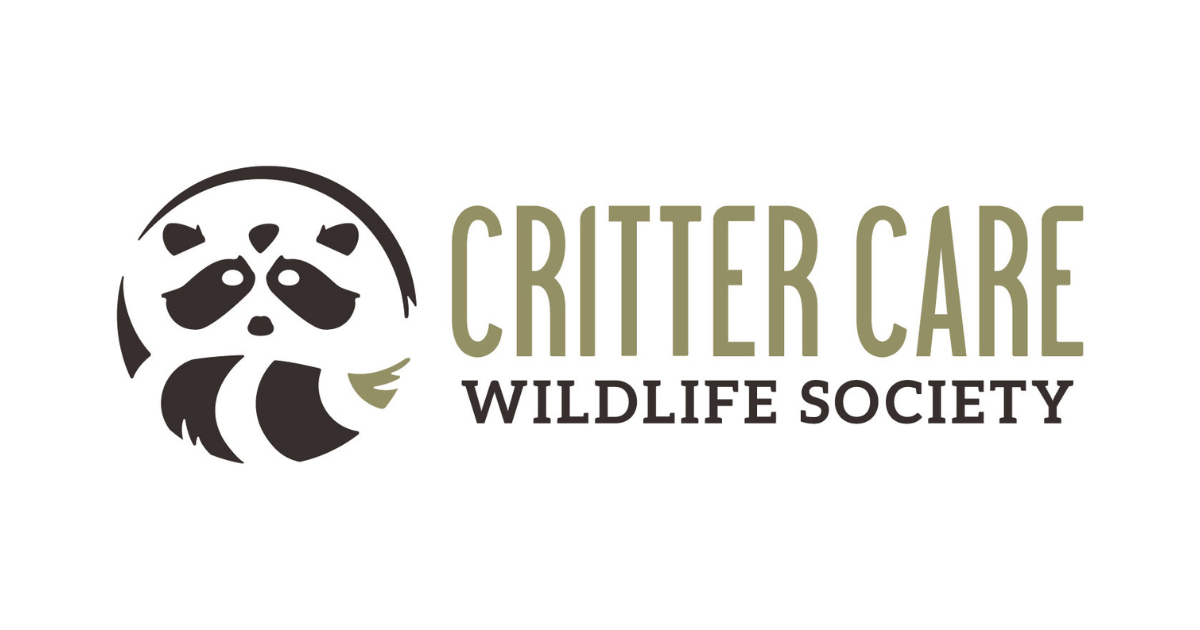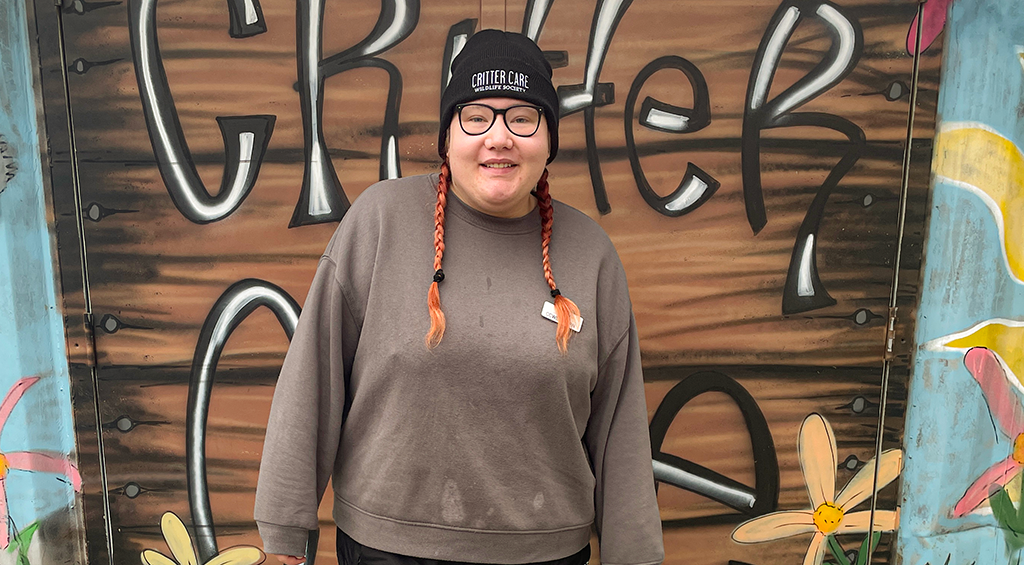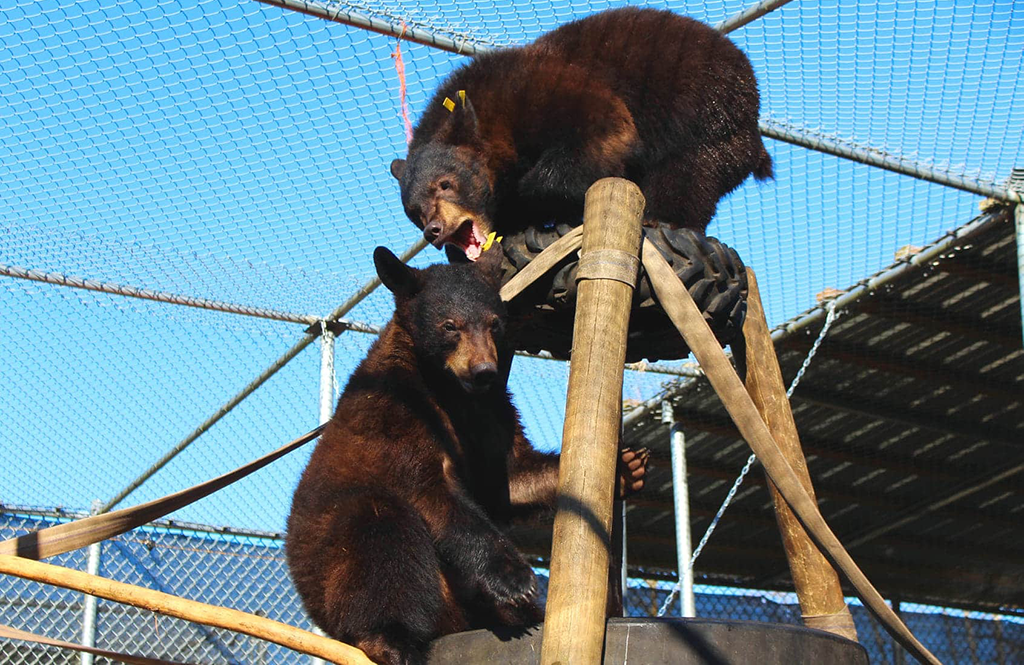Behind the Scenes with Intern Nell Exner
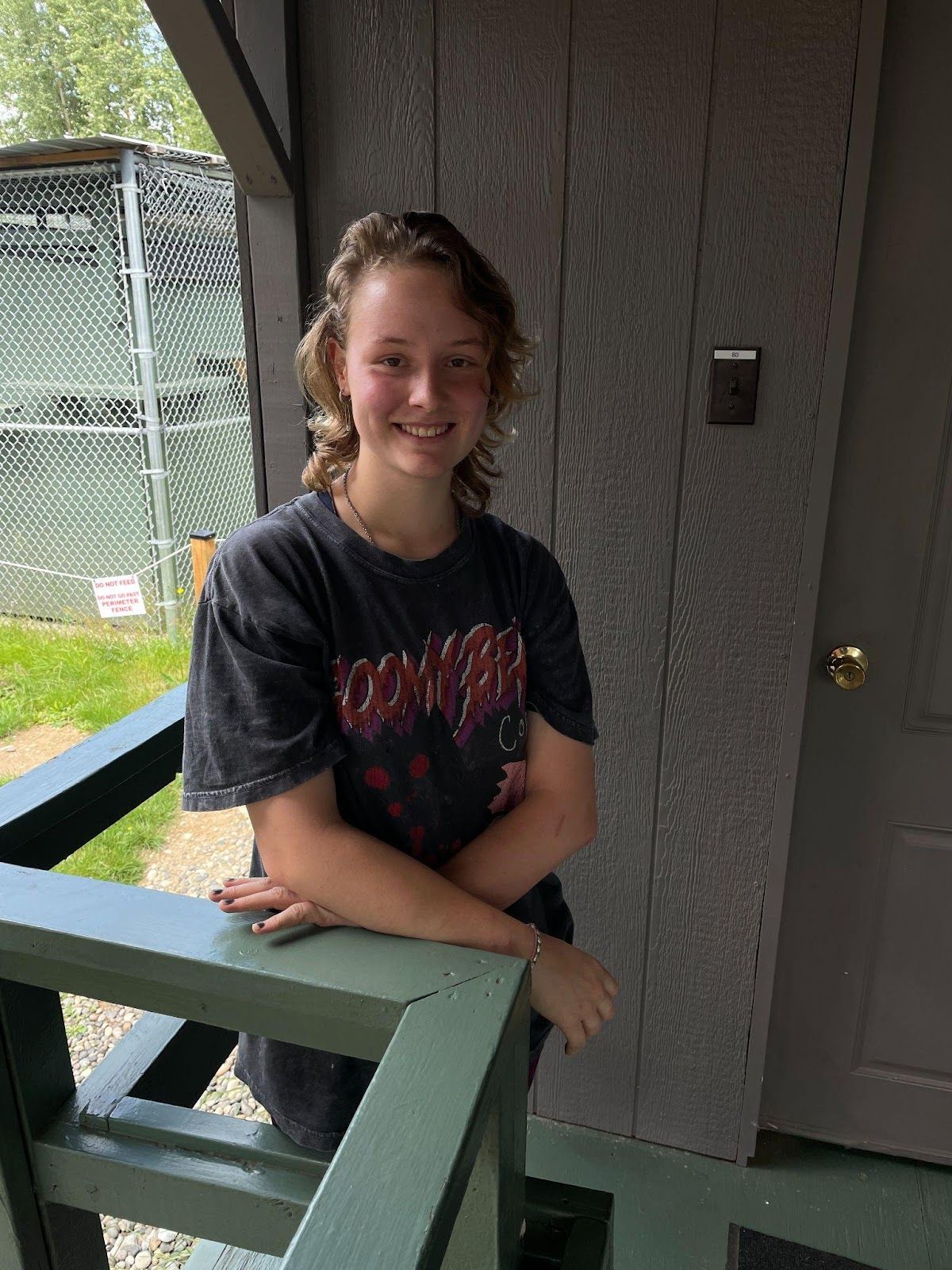
Rod: Where are you from and how did you end up at Critter Care?
Nell: I'm from Germany. I finished school and decided I didn't want to study yet, so I was looking for a place where I could spend a gap year. Canada was always an option because
it's so beautiful. My parents lived here for three years, and I always wanted to see the country.
I found Critter Care online and saw the intern program. It seemed like a great opportunity,
so I signed up and came here. I loved it and decided to stay.
Rod: When did you first arrive?
Nell: End of July last year. So, I've been here for 11 months now.
Rod: Does everybody in Germany take a gap year?
Nell: No, most of my friends started studying right after school. Some went traveling, but it’s really up to the individual. People just decide what they want to do after school.
Rod: What a neat way to spend your gap year.
Nell: Yeah.
Rod: Have you gone back at all?
Nell: No, I've been here the whole time. My family came to visit, but other than that, I haven't seen home in a while.
Rod:
What's that been like?
Nell: It's hard sometimes, but it's nice to have this new experience.
Rod: What are you going to study when you go back?
Nell: Hopefully, vet medicine.
Rod: So this has got to be a good experience.
Nell: Yes, really good.
Rod: So what's your typical day like? What animals are you working with right now?
Nell: At the moment, I'm an otter parent. First thing in the morning, I feed the otter we have now. We have two otters, but one is still with the staff. The other one has been passed on to the interns, and he's growing fast.
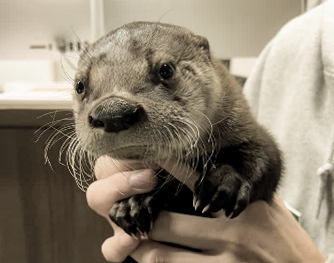
Later on, we have a morning meeting where we get assigned tasks for the day.
Every Tuesday, I also take care of the skunks, deep cleaning their enclosure and making sure everything is neat.
I handle various tasks daily, like laundry and maintenance jobs, to keep the place clean. I don't have many milk feeds because we can't mix otters and raccoons, so I help with other tasks that don't involve animals directly.
Rod: Why can't you mix otters and raccoons?
Nell:
It's because otters and raccoons share diseases like Parvo and Distemper. Otters can't be vaccinated against Parvo, so we try to keep them away from raccoons to minimize the risk of infection. I'm not allowed into any raccoon areas, nurseries, or exam rooms to keep the otters safe.
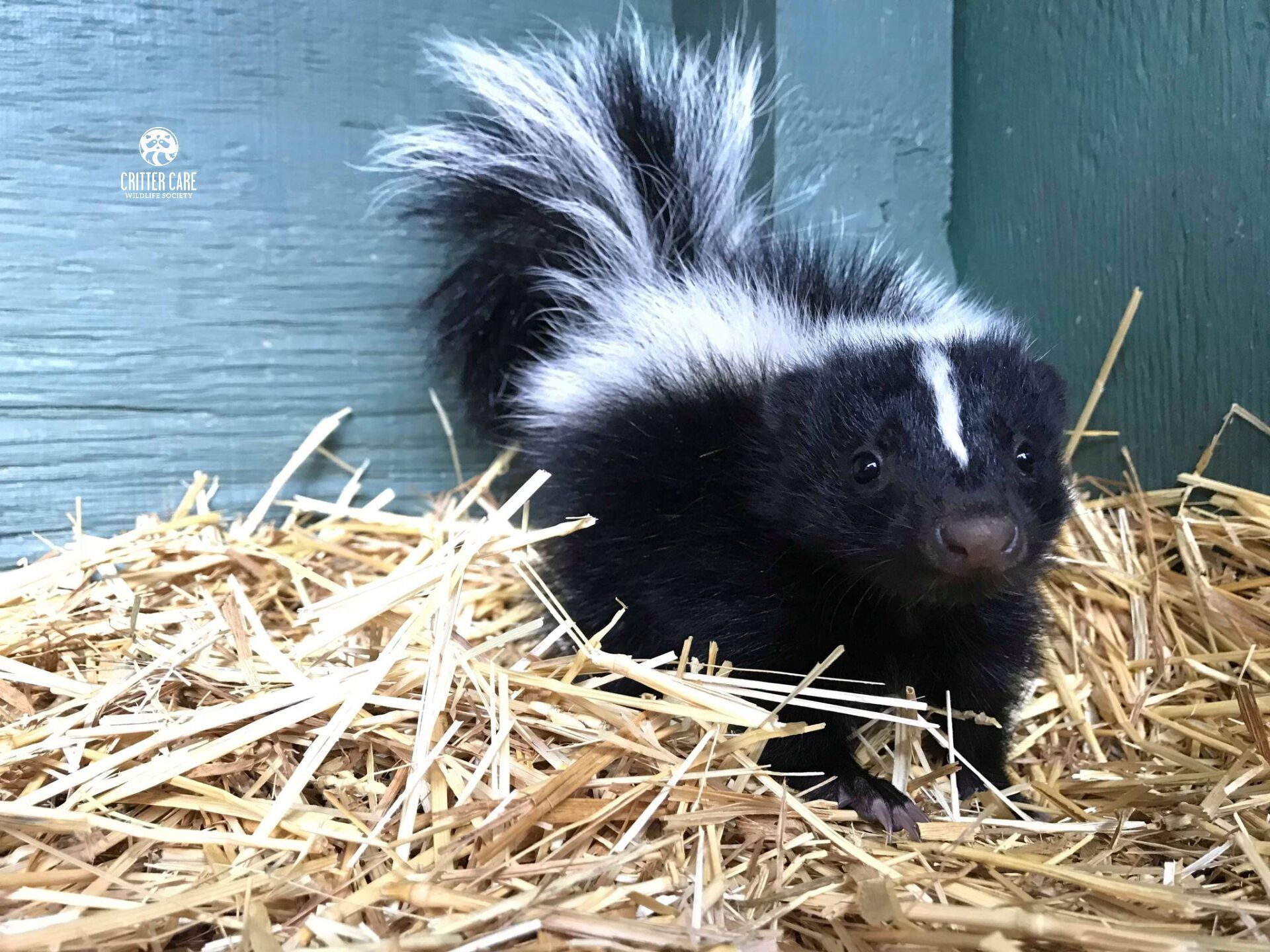
Rod: You've been here almost a year. What's been your most rewarding animal story or encounter?
Nell: I'd say Milo, one of my first raccoons. He came in really sick and struggled to gain weight. He had a cyst on his leg and lost movement in both back legs. At one point, he couldn't walk and was dragging his back legs. We considered euthanasia because we couldn't release him like that. But we did hydrotherapy, and he slowly started to improve. It was emotional to see him use his back legs again. Over time, he got better and could climb and join other raccoons. Eventually, he was released, which was amazing because we weren't sure he'd make it.
Rod: What do you see as the biggest value of a place like Critter Care?
Nell: It's amazing to see how we give animals a second chance. Of course, we see a lot of death and animals that don't make it. But it's worth it because when you see an animal like Milo get released, it's the most amazing feeling you can have.
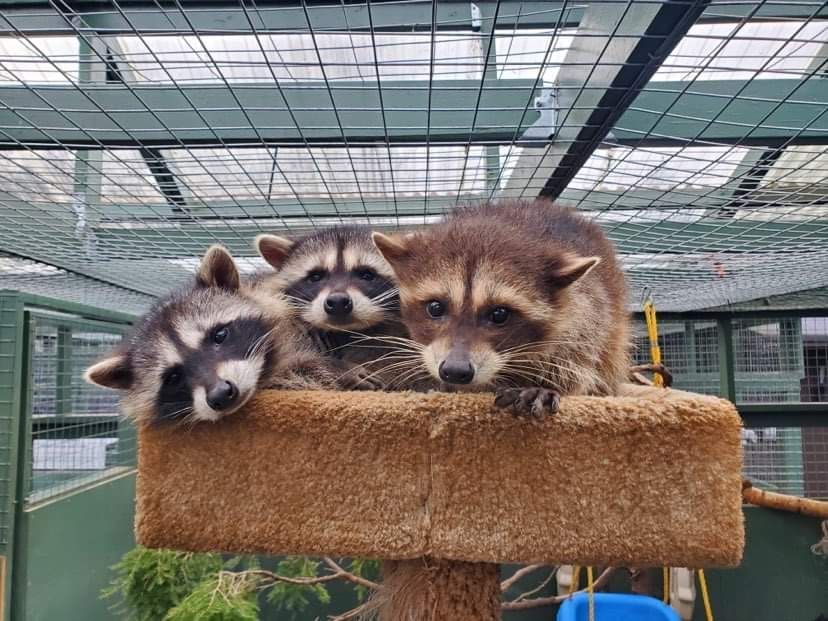
Critter Care Wildlife Society News
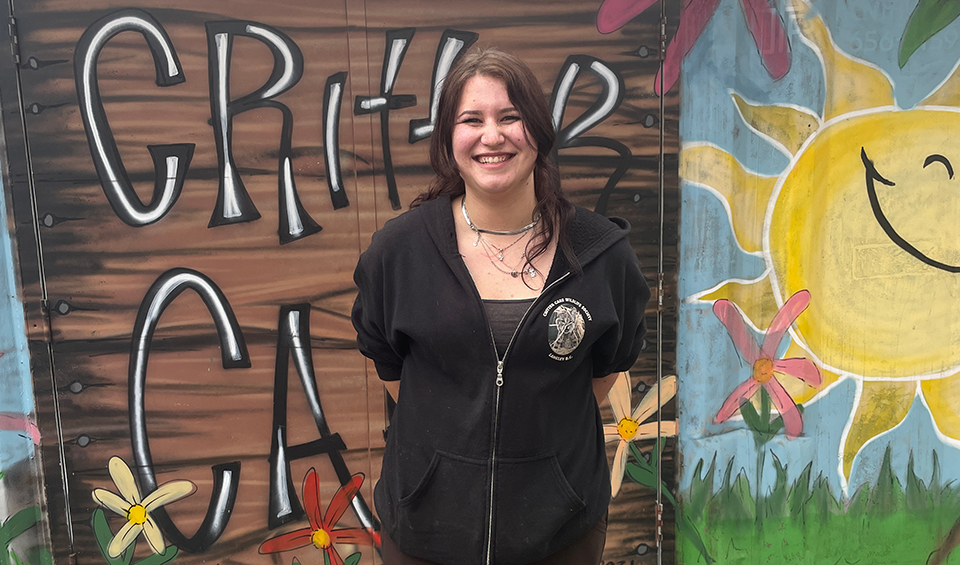
Sign up to get inspiring stories of rescue,
rehabilitation and release from Critter Care
Be the first to receive our newsletter, new blog posts, and updates
about our most critical needs and community news.
